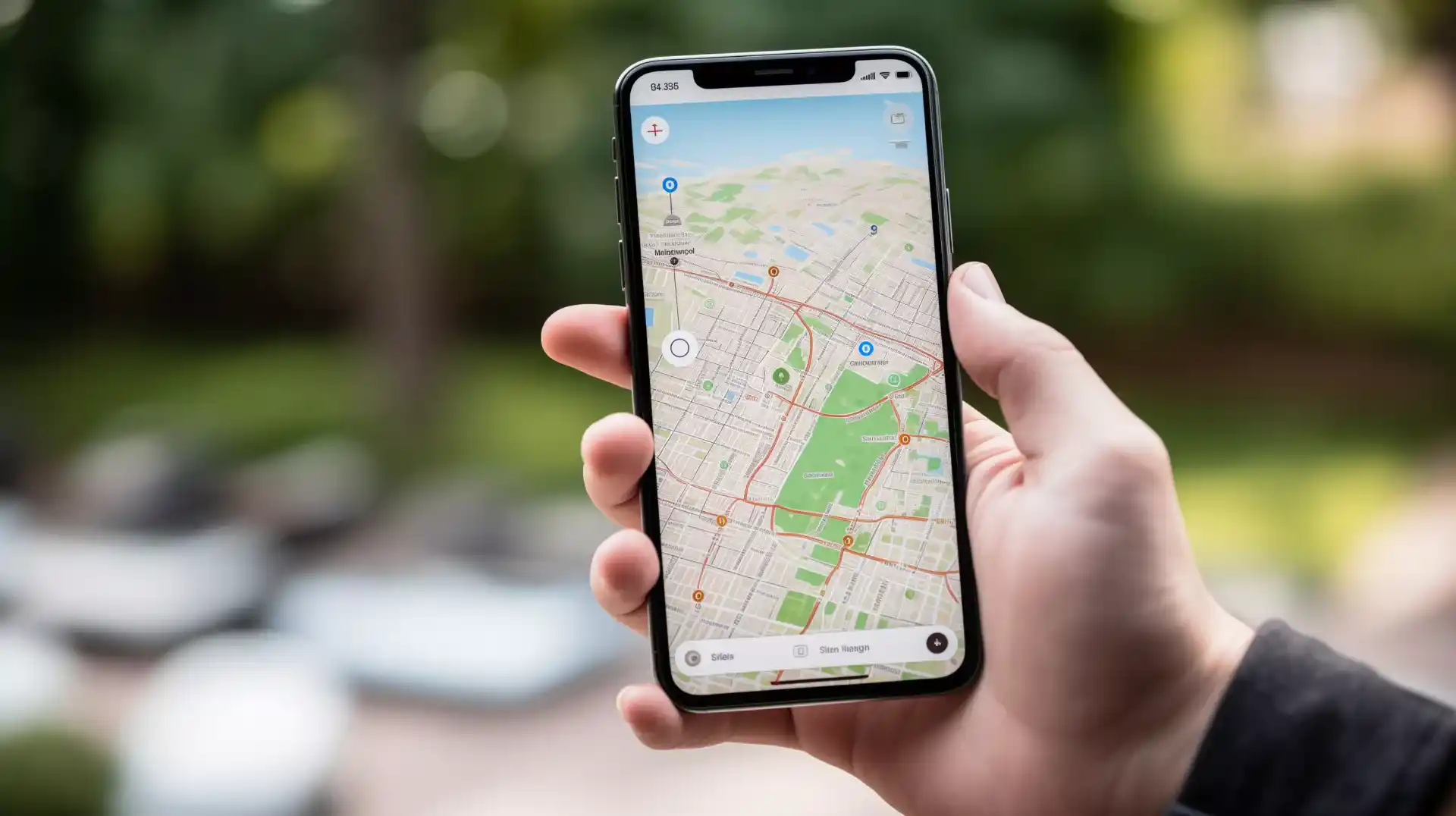Table of Contents
Google Maps offers more than just directions. It is also a powerful way to discover new places, events, and experiences in your area. And now, Google is making it even easier to find what you are looking for with a new feature that uses artificial intelligence (AI) to understand your needs and preferences.
What is Google Maps AI?
Google Maps AI is an experimental feature that leverages large language models to analyze Google Maps’ database of over 250 million places, photos, ratings, reviews, and more. It allows you to enter conversational search queries and get personalized recommendations for businesses, events, restaurants, and activities in the area.
For instance, you can inquire about Maps for suggestions on “places with a retro feel in San Francisco,” and it will provide recommendations such as boutique shops, music stores, and flea markets. The outcomes are sorted into categories with pictures and notable reviews to clarify why they match your preferences.
You can also refine your search by asking follow-up questions like “How about lunch?” which will return recommendations for eateries with a vintage ambiance. You can save suggested places into lists for future reference.

How can Google Maps AI help you?
Google Maps AI is designed to help you manage spontaneous or changing itineraries. You can request “rainy day activities” and instantly receive customized indoor options based on the current weather and your location.
The feature also takes group dynamics into account. Families have the option to ask for “choices for kids” to receive handpicked recommendations for places that are suitable for children, such as children’s museums, arcades, and indoor playgrounds.
Google Maps AI is currently in early access mode and is only available to a select group of Local Guides. Their feedback will help shape the AI technology before a wider rollout.
What are the implications for local search?
Google Maps AI is Google’s latest effort to integrate generative AI into Maps and transform how users find and explore local businesses. Google aims to offer highly personalized recommendations for any requirement or preference by merging extensive language models with Maps’ vast database.
The impact on local search and customer exploration could be substantial, potentially leading to an increase in targeted visitors for specialized businesses or lesser-known attractions and events.
With Google enhancing its AI prowess, businesses face the imperative of refining online content strategies for conversational search optimization. Adapting to this evolving landscape ensures visibility and relevance in user interactions, thereby leveraging the potential of AI-driven technologies for competitive advantage.
How does Google Maps AI work?
Google Maps AI uses large language models (LLMs) to generate text and suggestions from over 250 million saved places and reviews from over 300 million contributors. LLMs are AI systems that can process natural language and generate coherent and relevant responses. Google Maps AI uses LLMs to understand the user’s query and match it with the most suitable places in the area.
Google Maps AI also uses other sources of data, such as Street View and aerial images, to create immersive and photorealistic views of the places and routes. These views help the user preview the journey and the destination before going there. Google Maps AI also uses AI and augmented reality to help the user orient themselves in the real world with Lens in Maps.
Lens in Maps allows the user to tap the Lens icon in the search bar and lift the phone to find information about nearby places and landmarks.